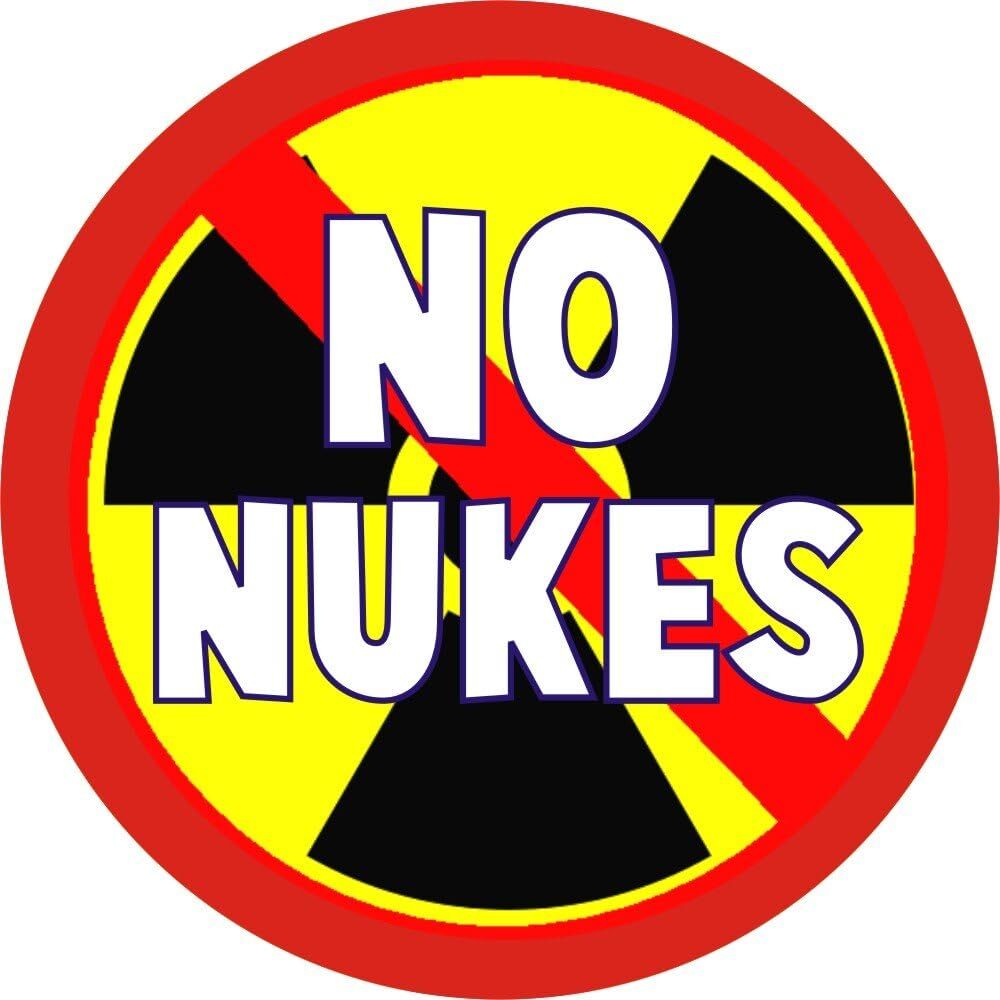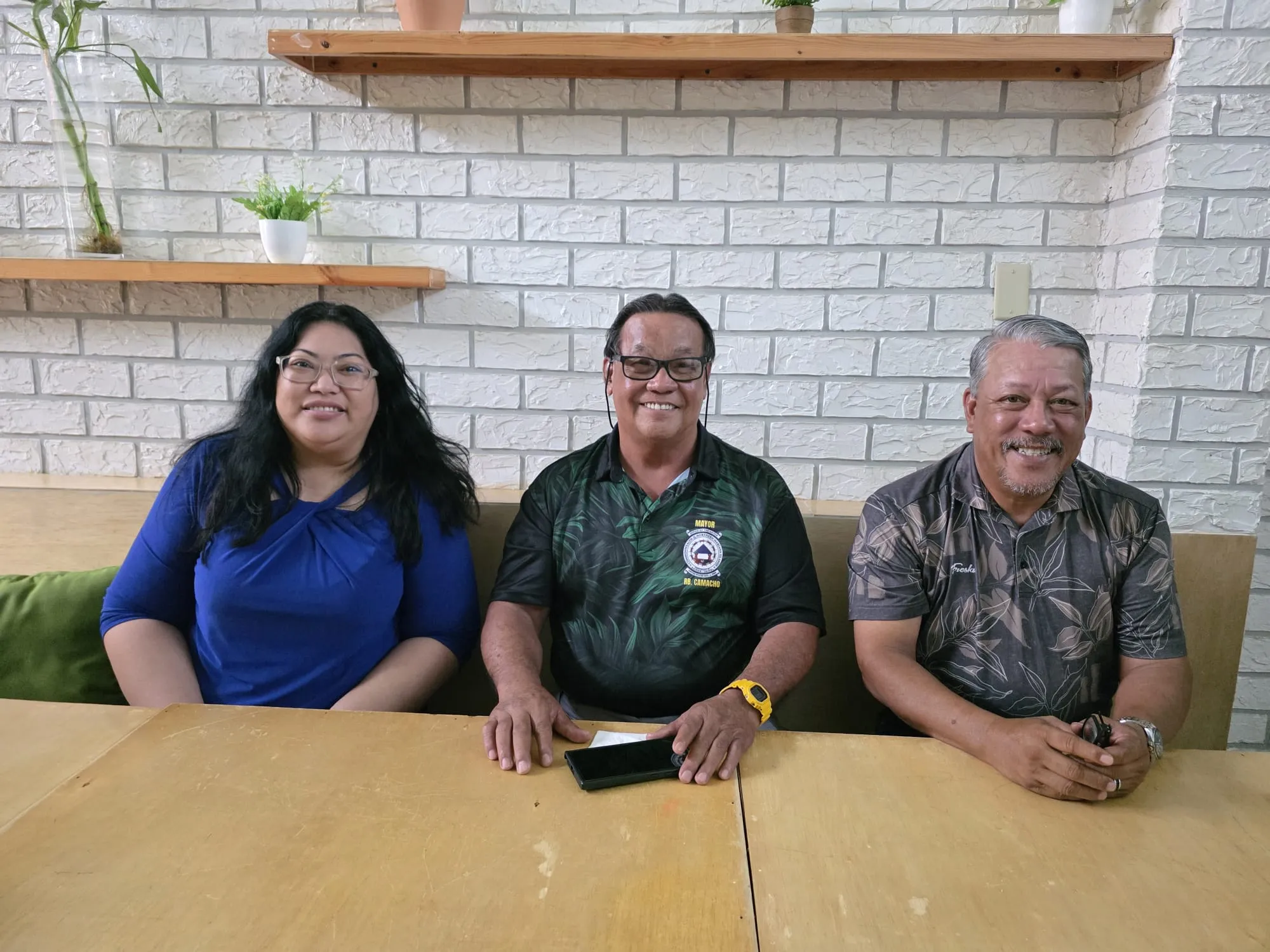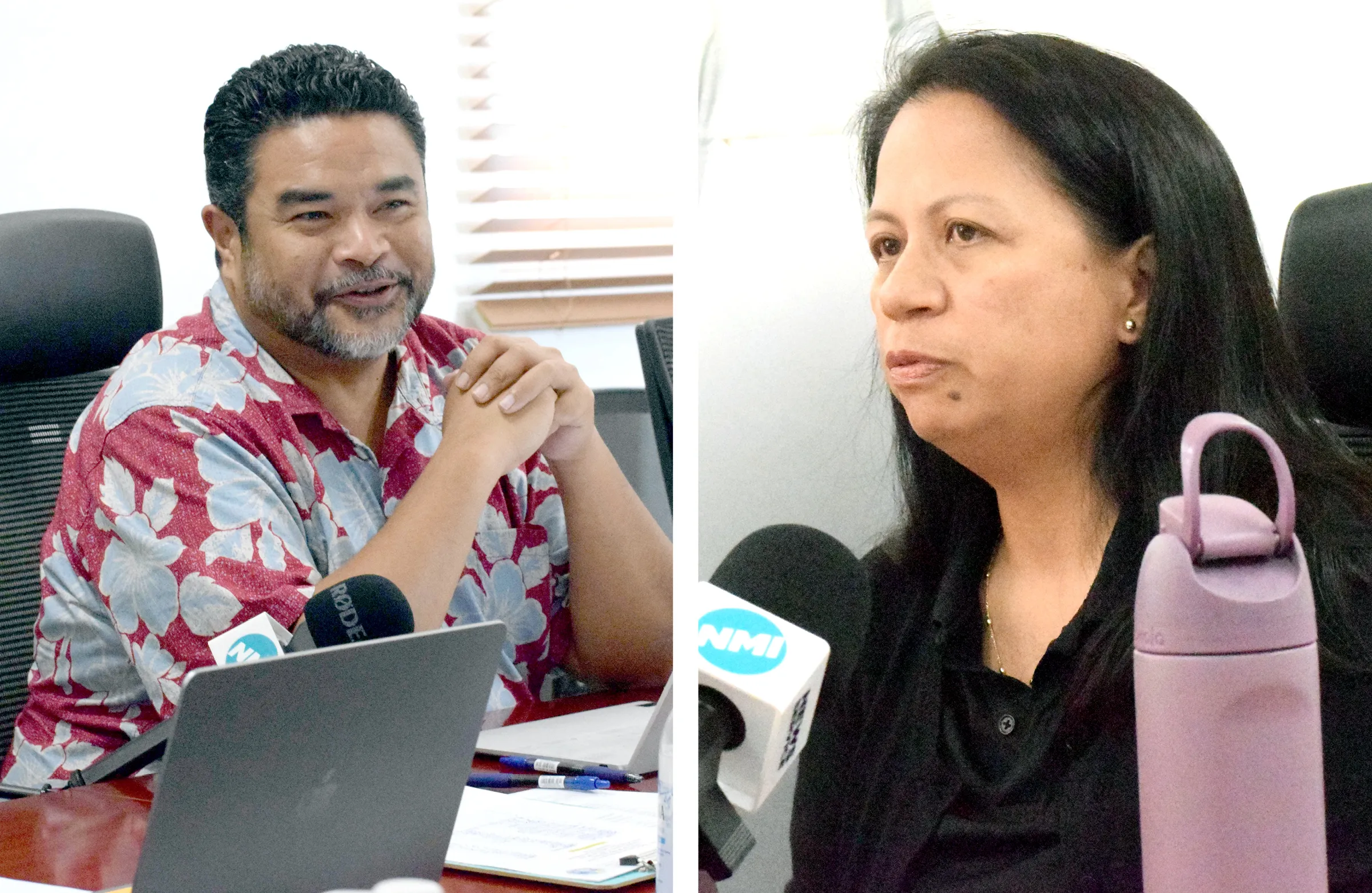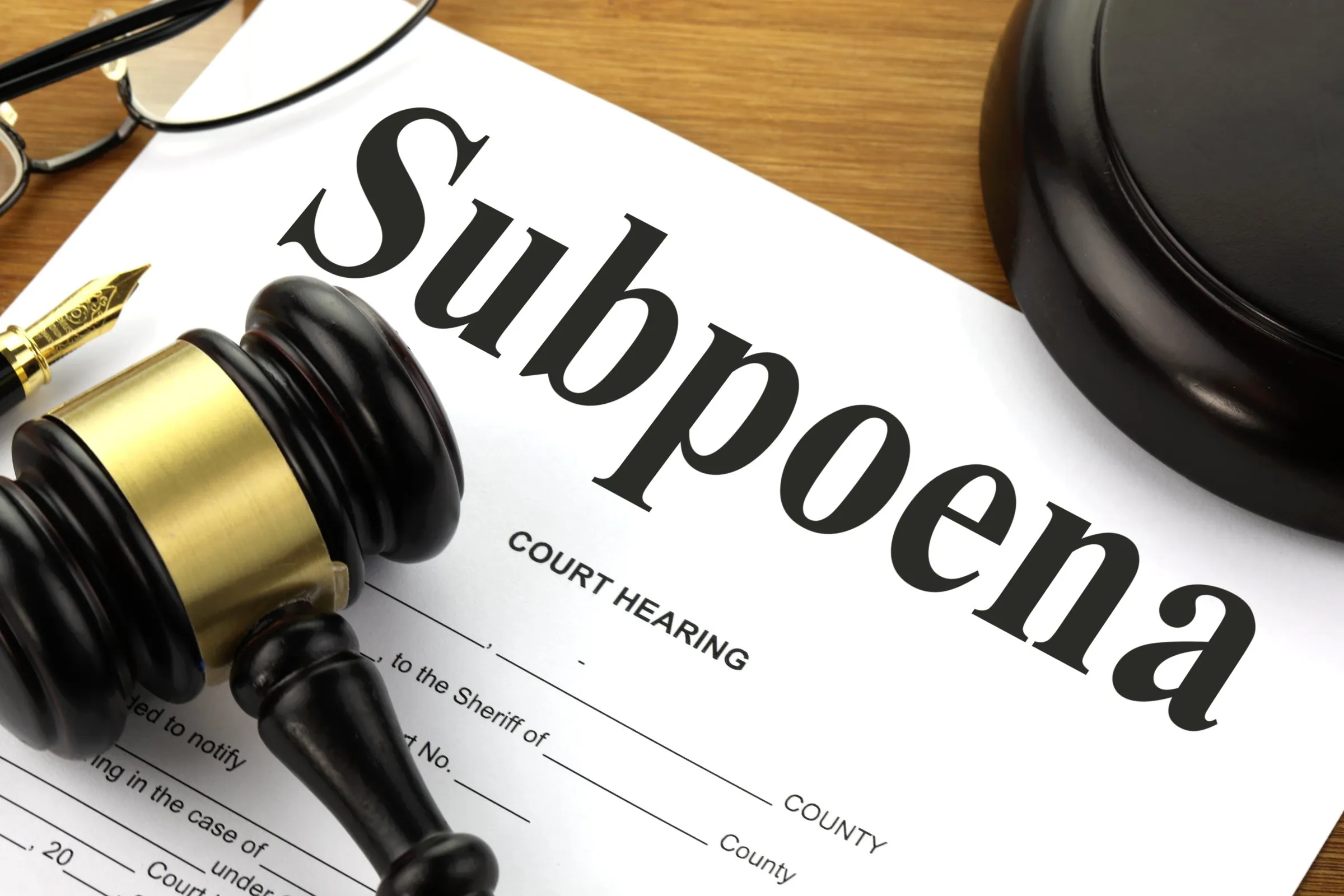
MAJURO (RNZ Pacific/Pacnews) — Marshall Islands defense provisions could “fairly easily” be considered to run against the nuclear-free treaty that they are now a signatory to, a veteran journalist in Majuro says.
The South Pacific’s nuclear non-proliferation and disarmament treaty, known as the Treaty of Rarotonga, was signed in Majuro last week during the observance of Nuclear Victims Remembrance Day.
RNZ Pacific’s Marshall Islands correspondent Giff Johnson said many people assumed the Compact of Free Association, which gives the U.S military access to the island nation, was in conflict with the treaty.
However, Johnson said the signing of the treaty was only the first step.
“The U.S. said there was no issue with the Marshall Islands signing the treaty because that does not bring the treaty into force,” he said.
“I would expect that there would not be a move to ratify the treaty soon…with the current situation in Washington this is going to be kicked down the road a bit.”
He said the U.S. military routinely brings in naval vessels and planes into the Marshall Islands.
“Essentially, the U.S. policy neither confirms or denies the presence of nuclear weapons on board aircraft or vessels or whether they’re nuclear powered.
“The U.S. is allowed to carry out its responsibility which is very clearly spelled out to defend and provide defense for the Marshall Islands, the Federated States of Micronesia and Palau.
“So yes, I think you could fairly easily make the case that the activity at Kwajalein and the compact’s defense provisions do run afoul of the spirit of a nuclear-free treaty.”
Johnson said the U.S. and the Marshall Islands would need to work out how it would deliver its defense and security including the Ronald Reagan Ballistic Missile Defense Test Site, where weapon systems are routinely tested on Kwajalein Atoll.










